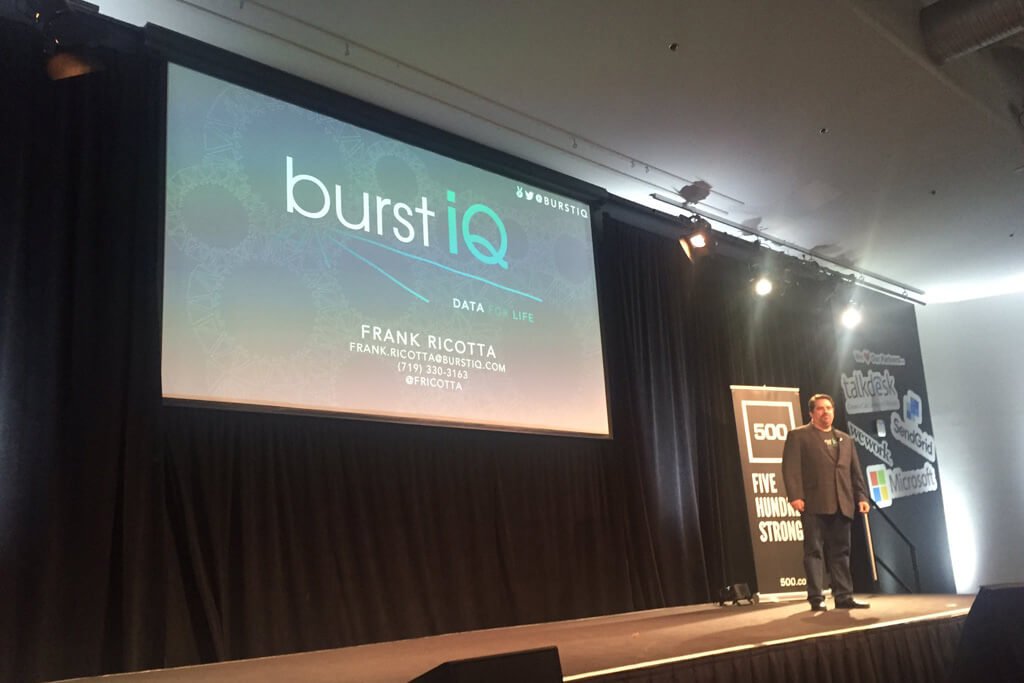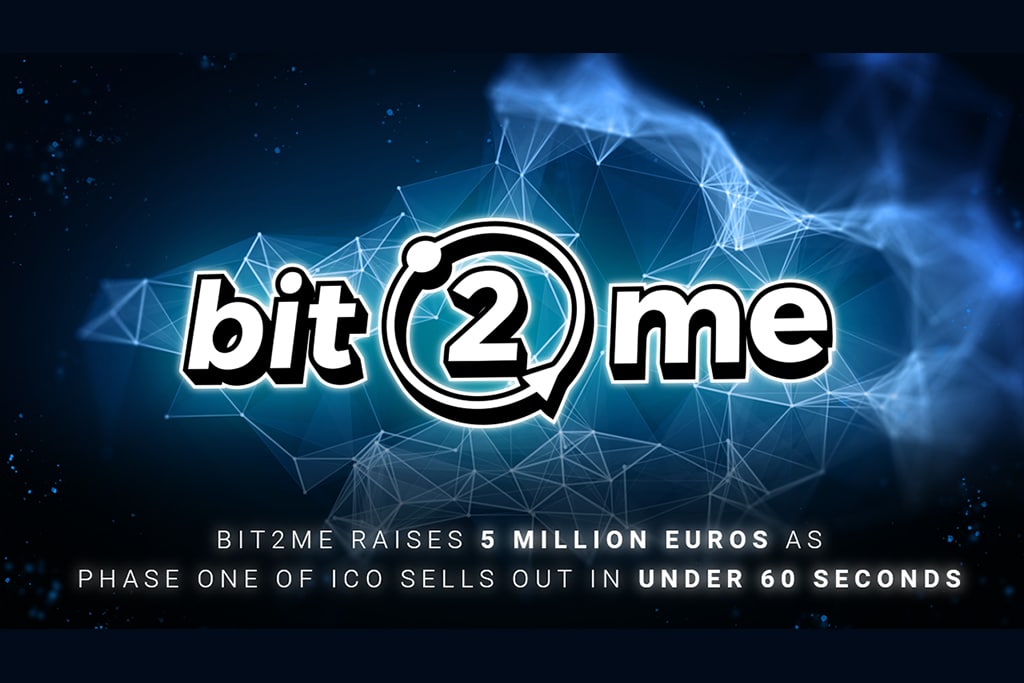
Health data is tricky. It’s highly sensitive, heavily regulated, constantly changing, and there’s a ton of it. However, one company, BurstIQ, has developed an innovative approach to managing health data.
Participants in the health & healthcare industry, from health systems to app developers to consumers, are becoming acutely aware of how important this data is to their business and their customers. However, health data is largely managed the old-fashioned way – in sprawling server farms, protected behind firewalls, shared with paper consent forms and faxes. When large-scale data sharing is required, such as with analytics vendors or an external billing system, resource-intensive 1:1 integrations are standard procedure.
This approach to data security is already showing signs of weakness. Hackers are finding new ways around firewalls and encryption layers, and high-profile data breaches, such as the 2015 breach of Anthem Blue Cross that compromised data for over 78 million people, are becoming more common and more expensive to address. Even more challenging are internal breaches, where data is stolen or misused by hospital employees.
Blockchain technology shows promise in helping to solve these data management challenges. It provides an immutable and auditable ledger of transactions, which allows health systems to track exactly how a person’s health data is modified, accessed or moved over of time. This capability is critical in healthcare, both to ensure compliance with regulatory requirements and to accommodate the evolving nature of health data and the need to share it between different parties.
While the market is still nascent, a few companies are applying blockchain technology to the healthcare sector. Most of these companies are focused on enabling data sharing between health systems and their vendors, or personal health records that aggregate data and enable 1:1 sharing between providers and patients.
However, one company, BurstIQ, has developed an innovative approach to managing health data. The company has built a blockchain-based Big Data platform that allows data to be securely managed, analyzed and shared. The company was founded in 2015 and the platform has been in use by enterprise customers for over a year for workflow optimization, revenue recovery and other uses.
The BurstIQ platform incorporates three innovations that sets them apart from other blockchain solutions. The first is the combination of blockchain with a Big Data (NoSQL) engine. While other blockchain solutions have circumvented blockchain’s scalability issues by doing data storage and analytics off-chain, BurstIQ’s platform allows for on-chain queries and analytics. This improves data security, enables faster queries, and allows all data to be included in analytics (as opposed to just off-chain data).
Second, BurstIQ has extended blockchain’s smart contract capability to enable complex smart contracts with highly granular permission settings. Traditional blockchain allows for smart contracts that define transfer of an asset (usually a digital coin) from one owner to a different owner. BurstIQ has innovated on this capability to enable multi-owner definitions, complex permission rules (e.g., the ability to revoke permission, share limited subsets of data, share with defined groups rather than specific individuals, and more.)
This is essential when handling sensitive health data, as certain individuals may need access for only a certain period of time or only to specific pieces of a person’s health information. It also allows data owners to share data with defined groups – for example, a person can choose to share their data with any researcher working on a treatment for a certain type of cancer. One other company recently announced their intent to develop a similar capability, but BurstIQ is the only company with the technology fully implemented.
While these two capabilities are of tremendous value in their own right, BurstIQ is taking the platform a step further. The company is developing a health ecosystem (the BiQ Ecosystem) where individuals can control and monetize their own data. “There are so many players in the health space who are using your data to make money: health systems use it to optimize their process and costs, digital health providers use it to increase the ‘stickiness’ of their products, insurers use it to reduce their claims costs. You are I have very little visibility into who is using our data, let alone the ability to control it or share in that value stream,” says Ricotta. “We believe that people should be at the center, not the periphery. If you don’t want your data to be shared with anyone, you should be able to do that. If you want to donate it, sell it, or share it, you should be able to do that.”
Given how important health data is to both people and health-related businesses, the potential reach of the BiQ Ecosystem is immense. Researchers and biopharma companies can interact directly with individuals for clinical research studies, insurers and employers can offer personalized benefit marketplaces, digital health companies can access new data sources to enhance AI-enabled products and directly market those products to targeted and highly engaged individuals, and health systems can improve clinical outcomes and reduce cost through machine-learning-enabled analytics, personalized post-acute services, better care coordination, med rec, and more.
The company recently added iCan Benefit Group to its list of partners; iCan will sell and manage insurance plans to individuals, small businesses and enterprise customers through the BiQ Ecosystem. All transactions, including iCan’s insurance plan transactions, will be managed using the BiQ utility token. The company recently launched a crowdsale to begin offering BiQ tokens at a reduced rate for early adopters.
With companies like BurstIQ bringing blockchain innovations to the fast-growing health industry, we are confident that blockchain will make a significant, potentially transformative impact in this industry. And there is no other industry that needs transformation more than healthcare.


